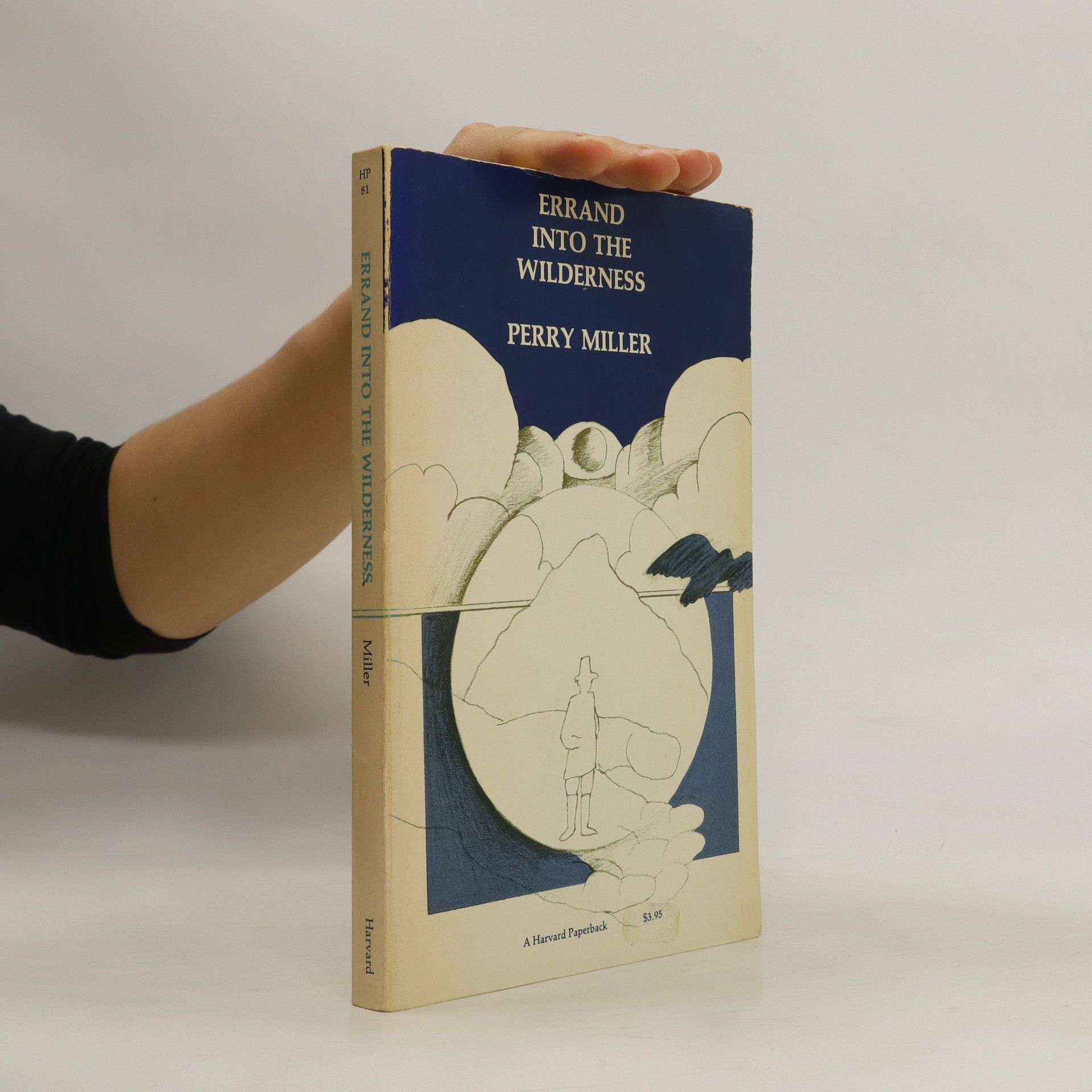The title of this book by Perry Miller, a world-famous interpreter of the American past, nearly poses the question it has been his lifelong purpose to answer: What was the underlying aim of the first colonists in coming to America? Miller emphasizes the need for understanding the human sources from which the American mainstream has risen.
Perry Miller Books
Perry Miller was a seminal figure in American intellectual history, renowned for his deep engagement with American Puritanism. As a founder of American Studies, he pioneered a cultural approach to understanding historical worldviews, shifting focus from previous psychological and economic analyses. His rigorous scholarship illuminated complex ideas and significantly shaped the study of American thought. Miller's influence extended beyond academia, mentoring future scholars and inspiring literary figures.



The Legend of Sleepy Hollow and Other Stories
- 74 pages
- 3 hours of reading
The Legend of Sleepy Hollow, and Other Stories by Washington Irving was first published in 1819 or 1820. The Legend of Sleepy Hollow, and Other Stories includes the most famous of Washington Irving's works: The Legend of Sleepy Hollow, Rip Van Winkle and Christmas Day.The Legend of Sleepy Hollow is the story of Ichabod Crane, a schoolmaster from Connecticut who has moved to the New York countryside settlement of Tarry Town whose secluded glen called Sleepy Hollow is haunted by an infamous spectre, the Headless Horseman. Rip Van Winkle tells the tale of a Dutch-American villager living during the time of the American Revolution. He mysteriously falls asleep in New York's Catskill Mountains only to discover when he awakes that many years have passed and much has changed. Christmas Day is a tale of the quaint and old English traditions of celebrating Christmas.